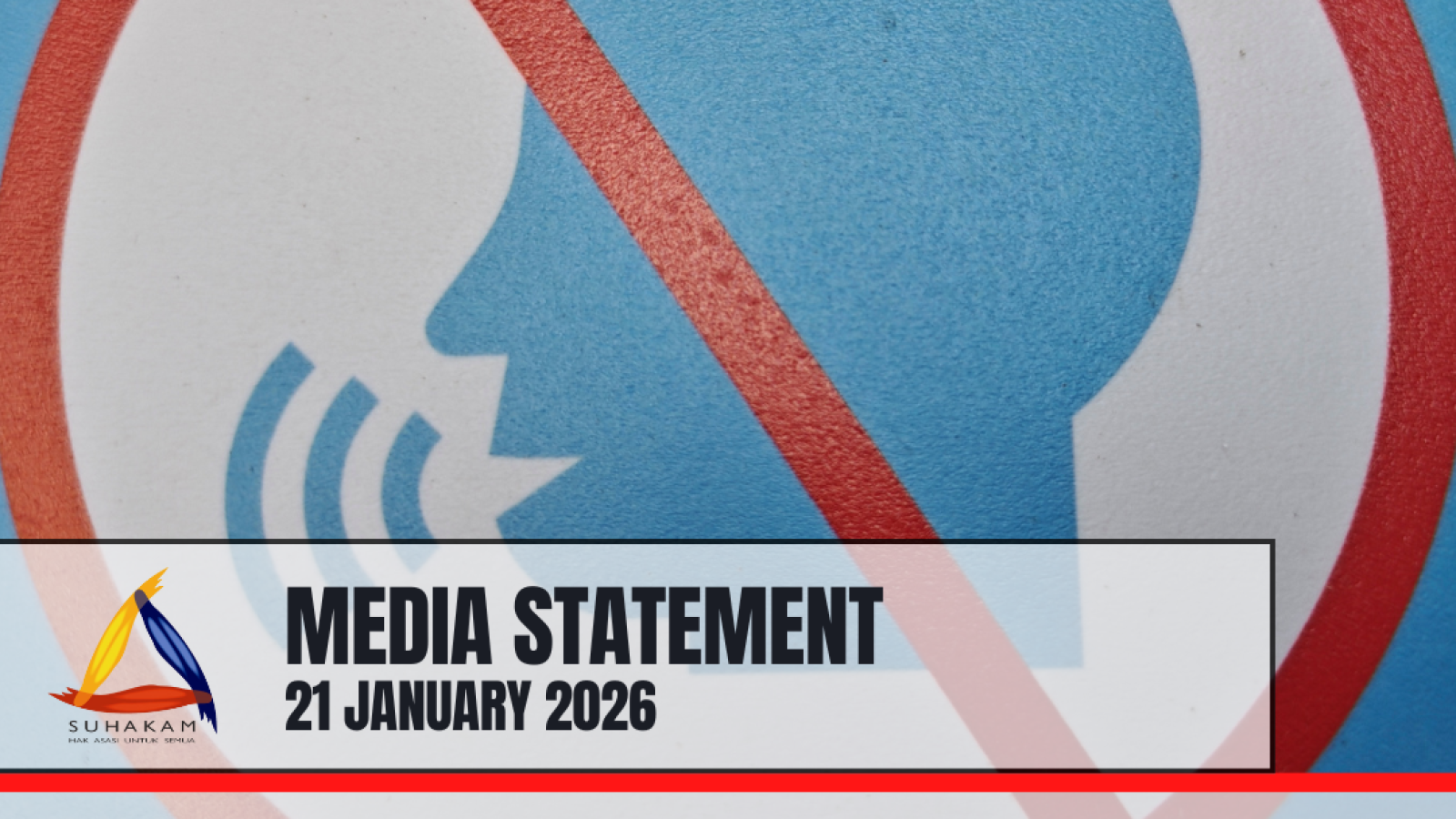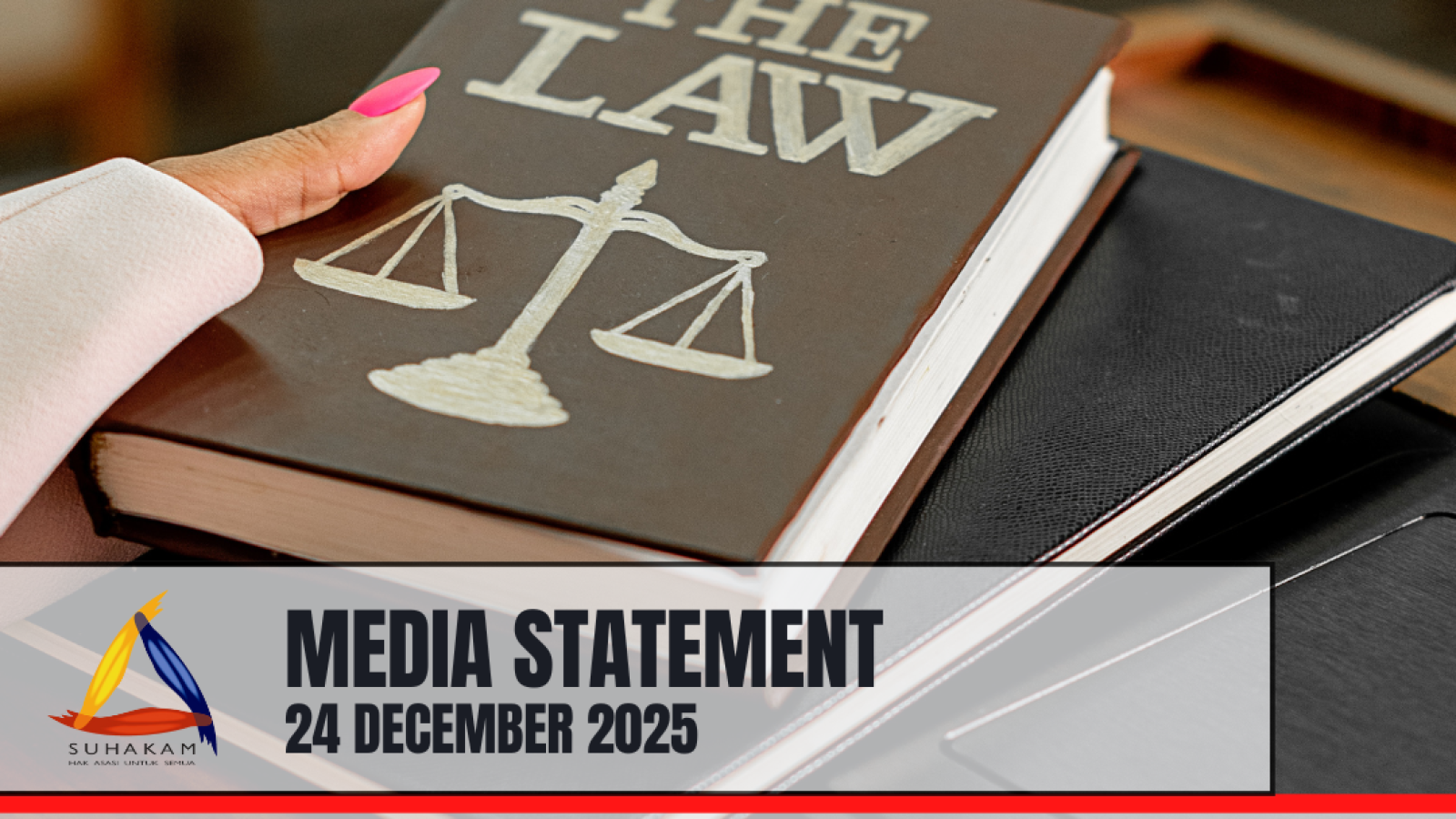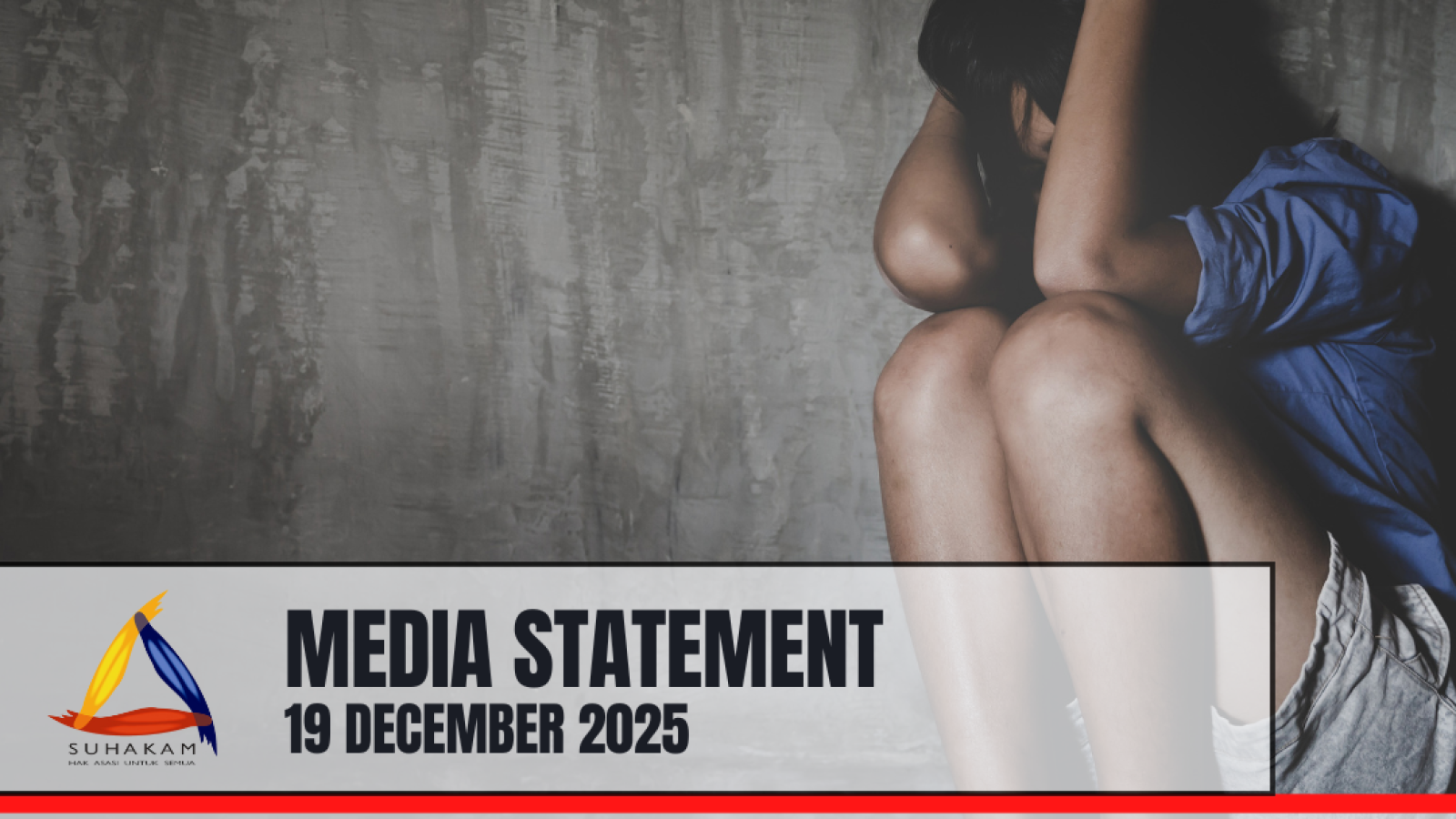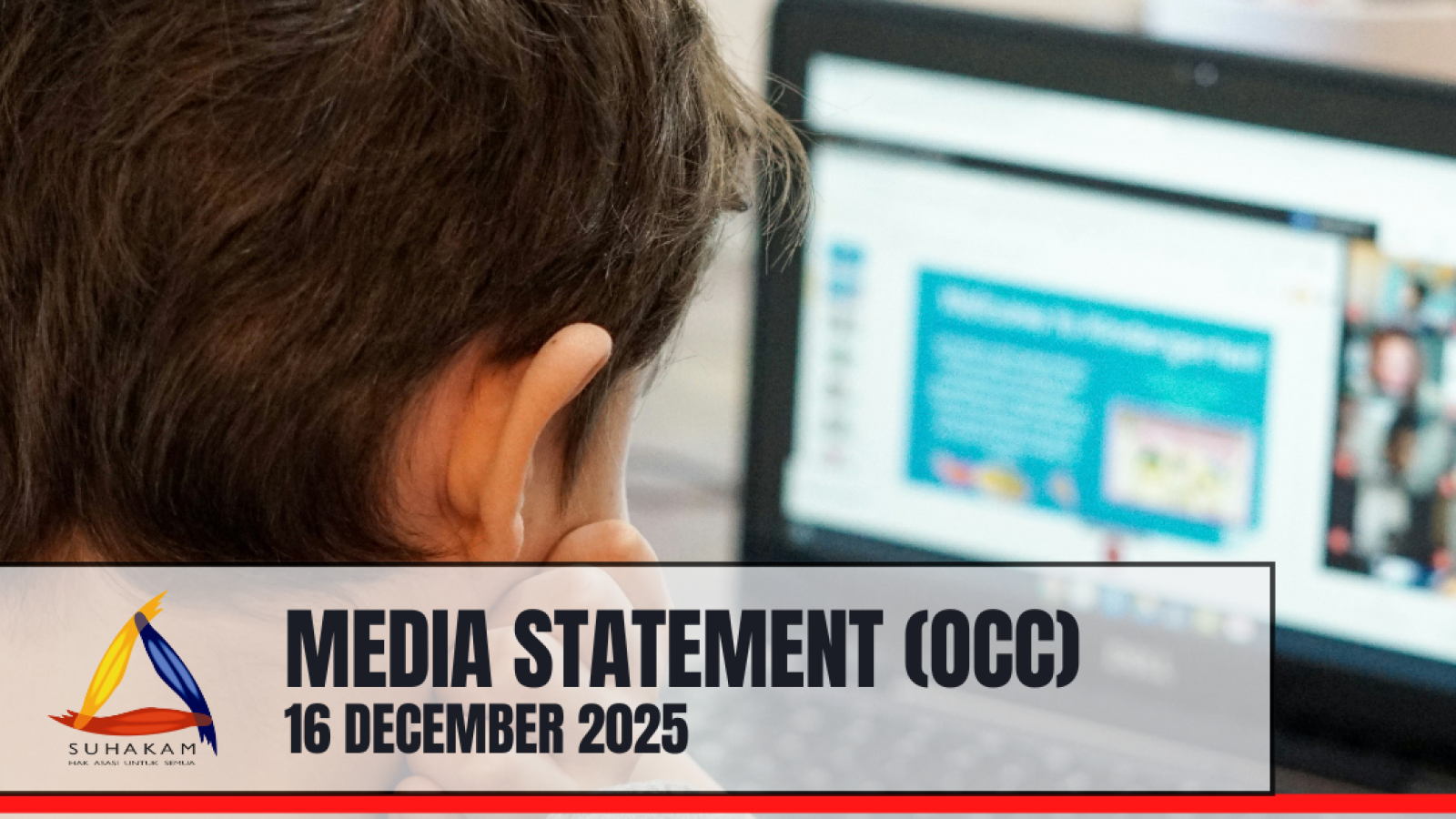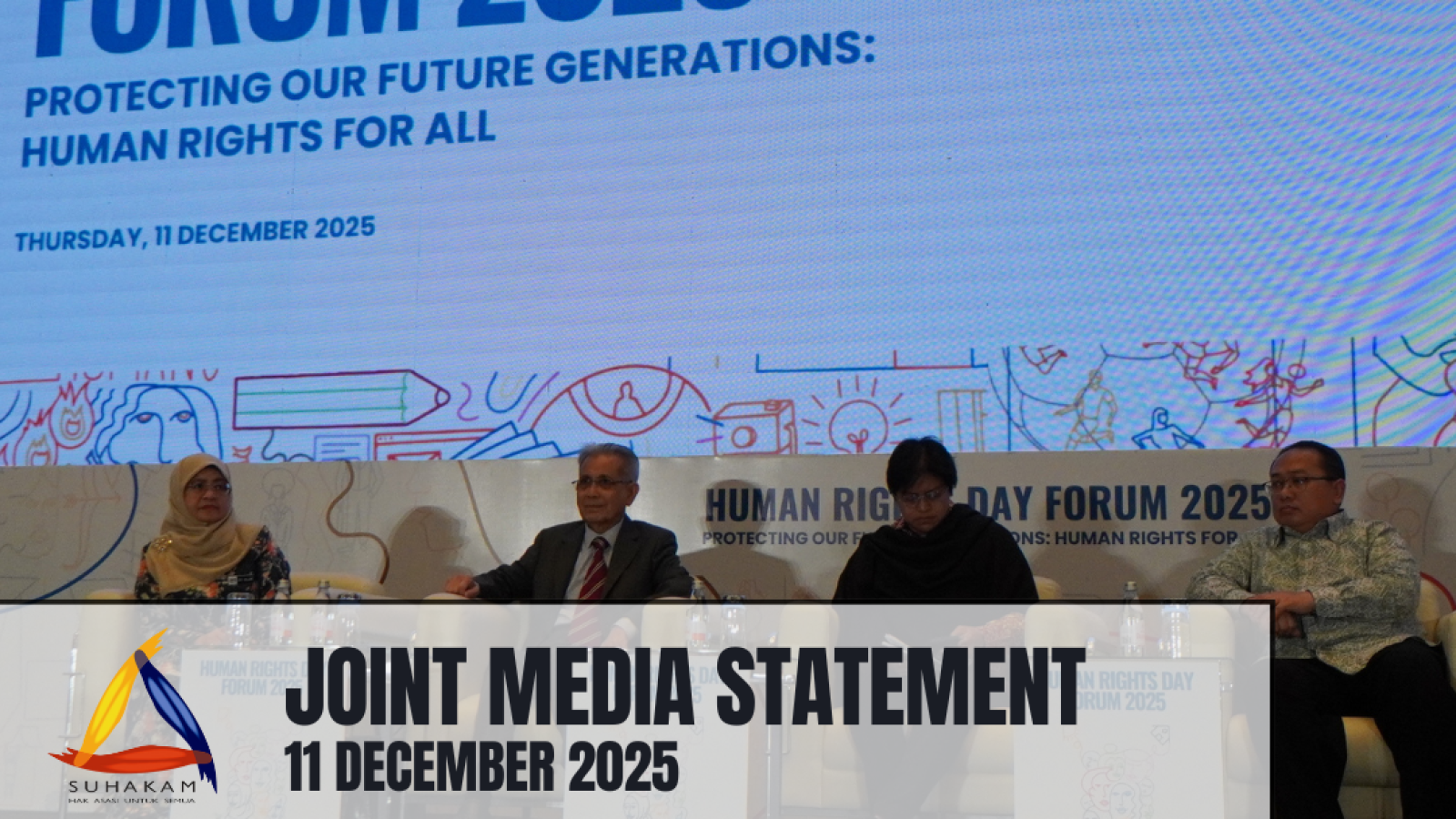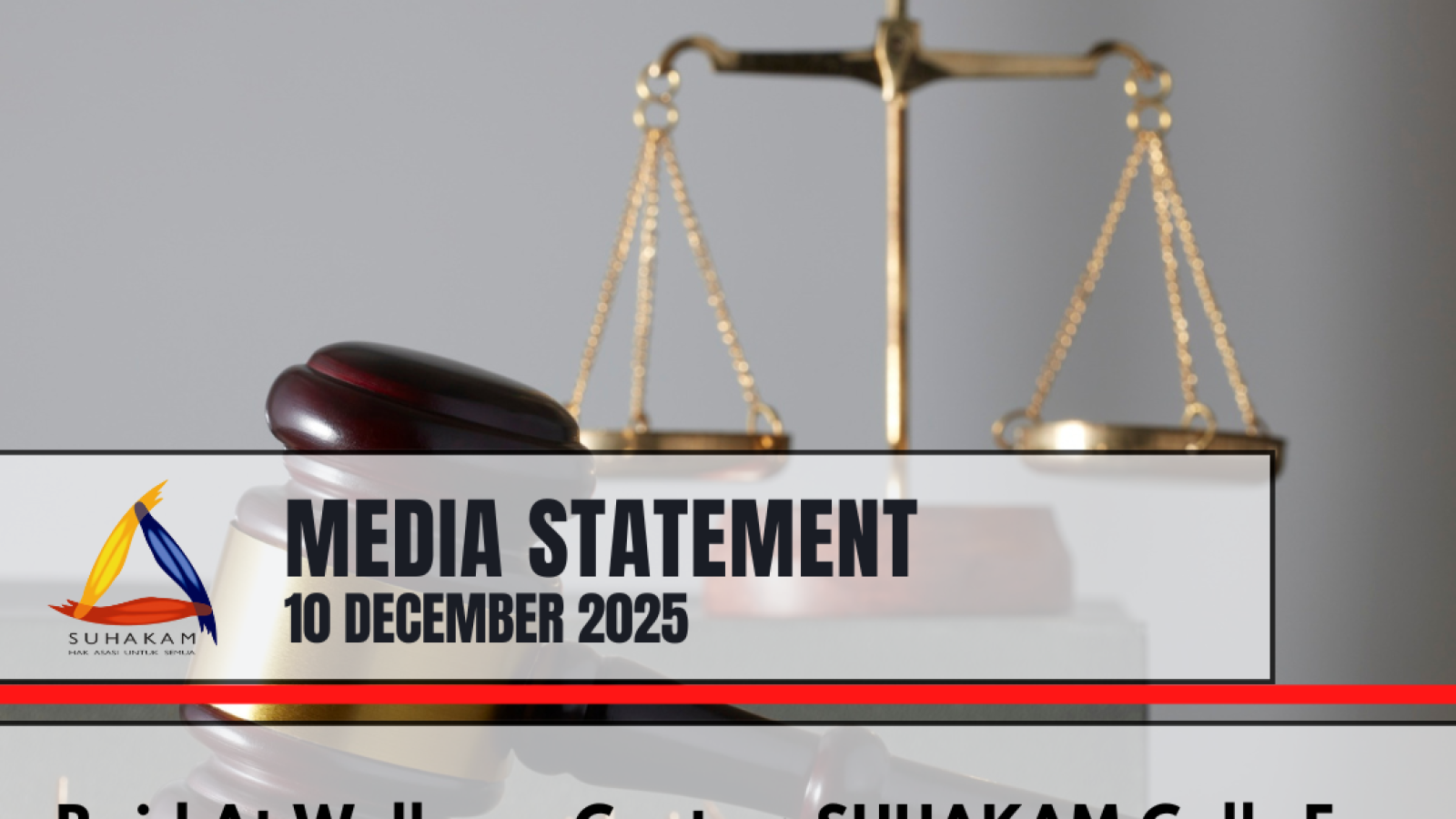Oleh: Prof Madya Dr. Mohd Al Adib bin Samuri
Pesuruhjaya Kanak-Kanak, SUHAKAM
Pensyarah di Fakulti Pengajian Islam, Universiti Kebangsaan Malaysia
Idea artikel ini datang daripada perkongsian beberapa pelajar sekolah dalam sesi libat urus isu buli yang dianjurkan oleh Kementerian Belia dan Sukan baru-baru ini. Dalam sesi tersebut, beberapa pelajar mengakui bahawa wujudnya budaya “senior mendisiplinkan junior” yang masih berleluasa di sekolah dan asrama.
Mereka menyebutnya sebagai “tradisi sekolah atau asrama,” sebagai alasan untuk melatih pelajar baru agar lebih berdisiplin dan patuh. Namun di sebalik niat yang nampak baik, wujud satu budaya yang berbahaya, iaitu budaya vigilante.
Saya sendiri sudah lama berhajat untuk menyentuh isu ini, terutamanya apabila ada isu buli yang menggemparkan negara. Saya juga mendapati terdapat corak yang sama dalam beberapa kes, iaitu buli yang berpunca daripada budaya vigilante.
Apa itu budaya vigilante di sekolah?
Istilah vigilante bermaksud individu atau kumpulan yang mengambil alih peranan penguatkuasaan undang-undang tanpa kuasa yang sah. Dalam konteks sekolah dan asrama, ia berlaku apabila pelajar senior atau pemimpin pelajar seperti pengawas bertindak sebagai “polis” atau “guru disiplin tidak rasmi”. Mereka menyiasat, menyoal siasat, menggeledah, mengadili dan menghukum rakan pelajar lain tanpa mengikut prosedur yang betul.
Contohnya, apabila ada barang hilang di asrama, beberapa pelajar senior mengambil tindakan sendiri. Mereka memeriksa beg dan almari, menyoal siasat pelajar yang disyaki, malah ada yang mengugut, memukul atau memalukan pelajar tersebut. Semua ini dilakukan atas alasan “mengajar” supaya pelajar lain takut untuk melanggar peraturan.
Bagi mereka, tindakan ini bukan buli, tetapi menganggapnya sebagai “latihan disiplin.” Tanpa mereka sedari, tindakan mereka itu juga terjumlah kepada perbuatan buli. Inilah yang menjadikan budaya ini sukar dibanteras, kerana ia diselindungi dengan alasan tanggungjawab dan tradisi sekolah.
Kenapa budaya ini berbahaya?
Budaya vigilante menanam satu tanggapan yang salah dalam kalangan pelajar. Pada kumpulan pelajar ini, mereka berhak menghukum pelajar lain tanpa proses yang sah. Ia menghapuskan sempadan antara disiplin dan penderaan.
Ramai kanak-kanak tidak faham bahawa setiap tindakan berkaitan siasatan dan hukuman mesti dijalankan mengikut peraturan yang betul. Dalam undang-undang, hanya pihak berkuasa yang dibenarkan menjalankan siasatan, menggeledah barang, menyoal, dan menentukan sama ada seseorang itu bersalah atau tidak.
Jadi, apa yang pemimpin pelajar ini boleh atau sepatutnya lakukan? Mereka sepatutnya membuat aduan dan memaklumkan kepada guru atau orang dewasa yang dipercayai tentang apa yang berlaku atau apa yang mereka temui. Bukannya bertindak sendiri untuk menegakkan “keadilan versi mereka” di tangan mereka.
Dalam masa yang sama, pelajar yang disyaki mempunyai hak untuk didengar, hak untuk membela diri, dan hak untuk dilindungi daripada kekerasan dan keadilan. Apabila pelajar lain mengambil alih peranan itu, ia bukan lagi soal disiplin, ia sudah menjadi buli.
Buli dengan wajah baru
Budaya vigilante ini sering melibatkan penyalahgunaan kuasa dan paksaan. Ada pemimpin pelajar atau pelajar senior yang menggunakan kedudukan mereka untuk menundukkan pelajar lain, sama ada melalui ugutan, ejekan, atau hukuman fizikal. Kuasa yang sepatutnya digunakan untuk memimpin berubah menjadi alat untuk mengawal dan menakut-nakutkan. Apabila kuasa digunakan untuk menyakiti, walau atas nama “mendidik,” ia telah memenuhi ciri-ciri buli, iaitu ada niat untuk menyakiti, ada ketidakseimbangan kuasa, dan ia mungkin berlaku berulang kali.
Dalam banyak kes, budaya vigilante menyebabkan kecederaan fizikal dan trauma emosi. Ada pelajar yang tidak berani melapor kerana takut dibalas dendam oleh senior. Ada juga yang menganggap perkara itu “normal” kerana mereka sendiri pernah menjadi mangsa sewaktu junior dulu.
Inilah kitaran buli yang berulang. Mereka yang menjadi mangsa hari ini mungkin menjadi pelaku esok. Ia diwarisi dari satu generasi pelajar ke generasi berikutnya, dan terus kekal hidup di sekolah dan asrama kita.
Lebih membimbangkan, ada guru atau pemimpin sekolah yang memandang ringan perkara ini, dengan alasan untuk melatih kepimpinan pelajar atau mengekalkan tradisi sekolah. Sedangkan, budaya vigilante bukan perkara kecil. Ia boleh membawa kepada kecederaan serius, kemurungan, malah kehilangan nyawa seperti yang pernah berlaku dalam beberapa kes buli serius di sekolah dan institusi pengajian tinggi.
Hentikan Budaya Vigilante
Setiap kali kita membiarkan pelajar menghukum pelajar lain, kita sebenarnya sedang membenarkan buli berlaku atas nama disiplin. Sudah tiba masanya kita hentikan kitaran ini. Budaya vigilante tidak boleh dibiarkan hidup atas nama “disiplin” atau “tradisi.” Ia mesti diakui sebagai satu bentuk buli, dan tindakan tegas perlu diambil terhadap sesiapa yang melakukannya.
Kita perlu membina suasana sekolah yang selamat, di mana disiplin dikuatkuasakan dengan tegas tetapi berhikmah dan bukannya dengan ketakutan. Ini memerlukan perubahan sikap semua pihak, termasuklah guru, ibu bapa, dan pelajar sendiri.
Pemimpin pelajar dan pelajar senior perlu diberi latihan kepimpinan yang berasaskan empati dan tanggungjawab. Mereka seharusnya menjadi teladan, bukan penguat kuasa tidak rasmi. Kuasa yang diberi kepada mereka adalah untuk melindungi dan membimbing, bukan menakutkan atau disalahgunakan.
Setiap pelajar perlu tahu bahawa tugas menyiasat, mencari barang hilang, menyoal siasat, mendapatkan pengakuan salah dan menjatuhkan hukuman bukan tanggungjawab mereka. Semua itu mesti diserahkan kepada pihak sekolah atau pihak berkuasa. Pelajar bukan polis, bukan peguam, dan bukan hakim.
Budaya vigilante di sekolah juga bukan tanda disiplin yang baik, tetapi cerminan salah faham terhadap kuasa dan tanggungjawab. Kanak-kanak perlu diajar bahawa undang-undang wujud untuk melindungi semua, termasuk mereka sendiri.



